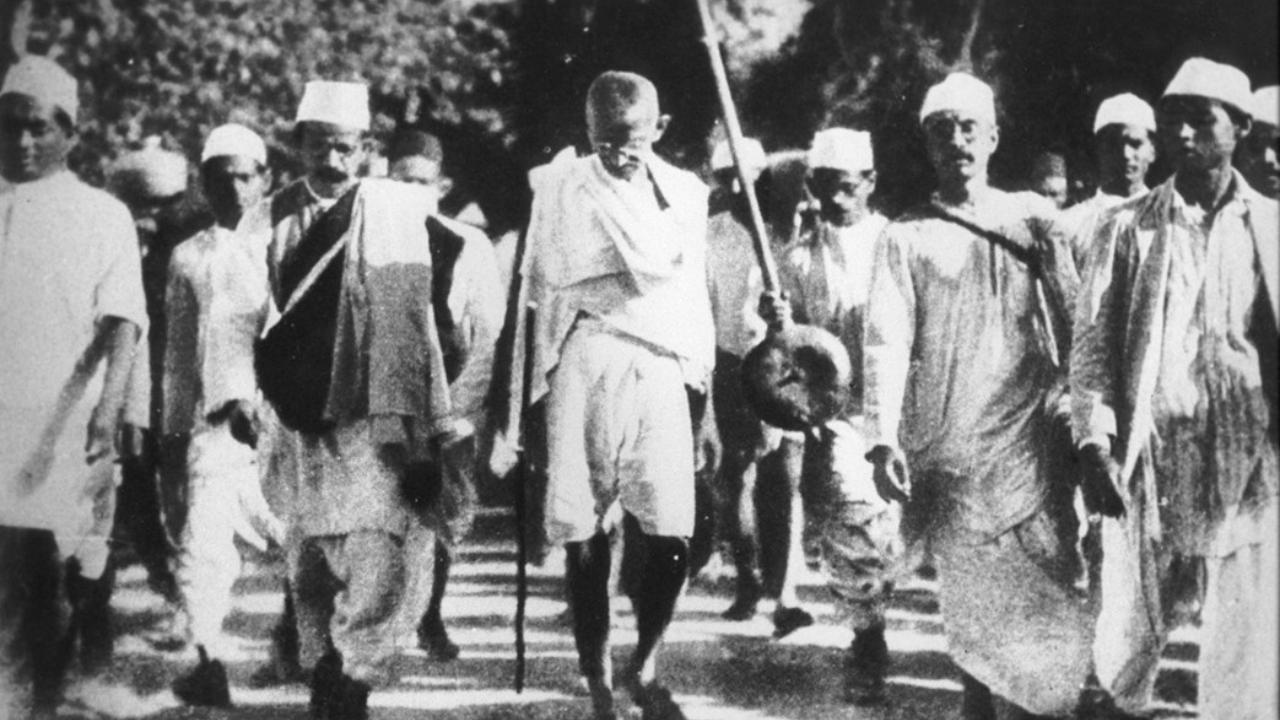
Writing an Executive CV
An Executive CV without a Personal Portfolio is like a Joke with no Punch Line
CV = Curriculum Vitae, a Latin expression that translates loosely as “the course of my life”.
Does today’s busy executive really want to know the course of your life (and the course of the lives of all the other job applicants she gets for a particular job opening)?
Not really.
What she wants to know is which of these applicants is most likely to solve the specific problem(s) she is faced with. She won’t know this for sure until she has interviewed a small handful and her company’s processes have whittled said handful down to just one lucky winner.
Like an actor presents a portfolio hoping to audition for a part in a play, you present your CV hoping to “audition” for a part in her team. How good is your portfolio?
How do I write my CV?

What font should I use and how big or small should it be? What’s the perfect format? How many pages long should it be?
As an experienced professional thinking of a job or career change, if these are the first thoughts that come to mind when you sit down to draft a CV, you’re starting at the wrong place. Worrying about how the CV should look before worrying about what it should say is tantamount to fretting over how to dress a cake before giving any thought to what ingredients to bake it with.
The very first thing to focus your mind on is content. A well-presented, visually-appealing CV will probably buy you an extra 5 – 15 seconds of a reader’s attention but if the content is uninspired or uninspiring, that pretty CV will still end up in the recipient’s trash folder.
The question you should be asking is “what information about myself do I want to present to the reader?”
Before I go on to address this question, it is important to put the CV into its proper context. The popular misconception is that the role of the CV is to get you a job. While, once upon a time, this may have been true for the fresh Cambridge University graduate applying for a teaching post in some far away outpost of the British Empire, in the 21st Century it is extremely rare for anyone to get hired on the strength of a CV alone.
For most of us, the CV has one task and one task only: to secure an invitation to an interview. You send your credentials to an extremely busy, possibly overworked executive, in the hope that he or she will deem you worthy of giving up an hour of their time for a conversation. Don’t forget that yours is most likely one of 20 or more CVs they’ll review. Not only do you have to convince this individual that speaking to you would be a good use of 60 minutes, you have to convince them that spending that 60 minutes with you is a better use of their time than spending it with one of the other 19 or more people going for the same job.
This is what you should have in mind when you draft a CV or tailor an existing CV for a specific job. To convince your target audience that you are worthy of 60 minutes, it helps to know as much about that target audience as possible – the more you know, the easier it is to highlight the aspects of your skills and / or experience that will get them excited. For example, when writing to the West Africa Head of an expanding logistics business, your CV should stress your contact network in Abidjan, Banjul and Freetown while emphasising past experience in setting up and running distribution channels across international boundaries.
Track Record – your Personal Portfolio

For the experienced professional, it is critical that your CV highlights relevant aspects of your track record. Nothing suggests ability more effectively than past achievement. Actors & Models use personal portfolios as the core part of their CV, academics point to their list of publications and securities traders point to their annual P&L numbers (including risk parameters where relevant). In every profession, in every industry, an experienced practitioner will have achievements that they can point to. And while “getting promoted twice in 3 years” does belong on your CV – it suggests drive and a good work ethic – it cannot be the only “achievement” you list at a particular company because it fails to demonstrate that you can solve the particular problems faced by your would-be new employer.
I make it a point to advise professionals I meet to take regular stock of their professional achievements with particular emphasis on situations where they have added value. A simple way to think of adding value is to think of improvements due to your efforts or input: things that you have made better. These will typically include at least one of the following:
- Helping the company earn more revenues and/or profits (sales, client management, sales support, marketing, product development etc.)
- Helping the company save money (finance, supply chain, procurement, administrative support etc.)
- Helping save time (streamlining processes, training subordinates, technology upgrades etc.)
- Helping the company look good (CSR, PR, winning awards, bid / tender management etc.)
- Helping the Boss look good
Where your achievements refer to confidential or proprietary projects, find a way to write about these without giving away company or client secrets. Remember the key is the improvement brought about by your input. When you carry out this self-review exercise, make a record of your achievements somewhere safe and easily retrievable such as a spreadsheet or Word document on your personal hard-drive / cloud folder. This can then become a reference document for use in writing or tweaking a CV, inserting the relevant achievements into the CV or placing a selection of them in a 1- or 2-page appendix.
You may not be Idris Elba or Lupita Nyong’o but I am sure you take your craft just as seriously as they do theirs: take the time to prepare your own Personal Portfolio. Or pay an agent to do so.
One last thing: make sure that your CV does not read like a Job Description. I have been reviewing CVs for almost 17 years and nothing turns me off a prospective candidate more than reading a list of duties and functions on their CV with no accompanying achievements. If your CV is incapable of telling me where you have added value, the message you send me is that you are a “box-ticker” doing the bare minimum to justify your pay cheque. While the world definitely needs its box-tickers, it is my experience that box-tickers tend not to rise to the top of their given professions.
Your CV needs to, very quickly and succinctly, tell the reader why they must meet you. It needs to demonstrate why you are the solution to their problem. It needs your Personal Portfolio.
PS.
There are numerous online resources giving more specific tips around the formatting of the CV and on additional information beyond your Personal Portfolio. I particularly like this link from the University of Kent.


